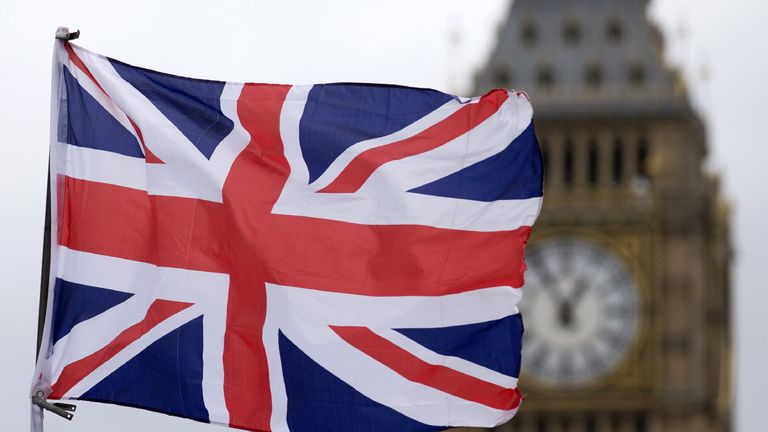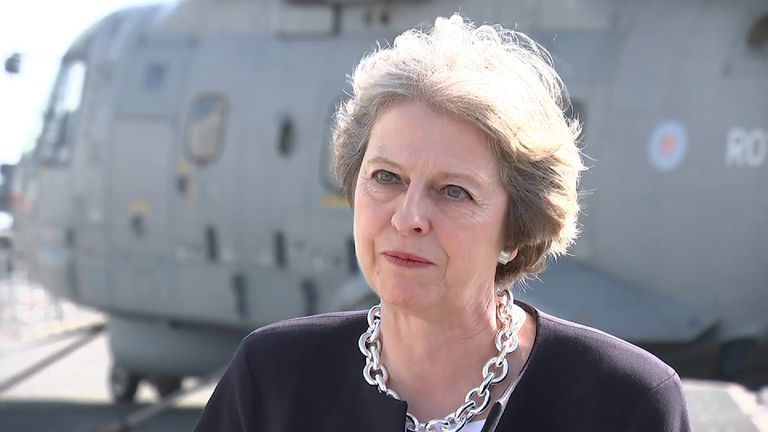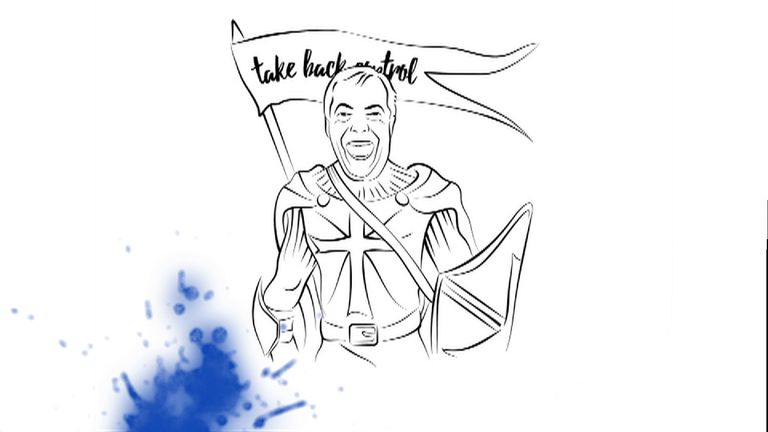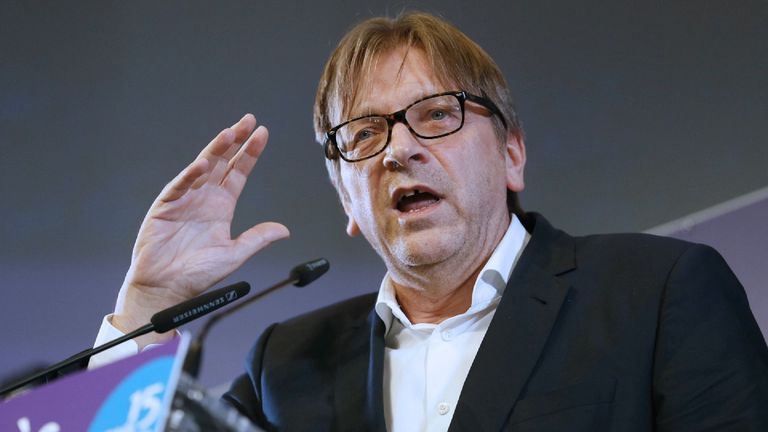PM says there will be no 'cliff edge' as Labour warns on hard Brexit
The PM says the Government is clear that business wants Article 50 triggered in a smooth and orderly way.
Tuesday 13 December 2016 16:25, UK
Theresa May says to avoid uncertainty there will be no "cliff edge" as Britain negotiates its exit from the European Union.
The Prime Minister said she was clear that business wanted an orderly Brexit, as set out by .
He said there was an "emerging view" that the two-year timeframe after Article 50 is triggered may not be long enough to reach a "clear and firm end state".
Asked if she agreed there was a need for a transitional deal, she said: "We are clear that businesses want to avoid disruption, no cliff edge, and we are working on that as part of our negotiations."
Her statement came as Labour warned Mrs May of a House of Commons battle if she tries to force through a 'hard' Brexit.
The shadow Brexit Secretary Sir Keir Starmer says Labour will fight any plan which "tears us apart from our EU partners".
Instead he is calling for a "new and strong relationship" with the other 27 countries within the EU.
Sir Keir says there will be no "blank cheque" for Mrs May if the Supreme Court confirms the ruling that MPs must be given a say before the triggering of Article 50, which will formally start the UK exit.
Labour, he says, will try to amend legislation unless Mrs May produces what he called a "meaningful plan".
In a major speech in London, Sir Keir set out his goal of making jobs, the economy and living standards Labour's priority in the "battle of our time".
And he accused Mrs May of failing to unite a country which has been deeply split by the Brexit vote.
"As we stand on the brink of profound change, it is clear that there are two versions of our future that could be negotiated," he said.
"The first is a future that tears us apart from our EU partners. Out of the single market. Out of the customs union.
"A global race to the bottom which would not only put our economy and jobs at risk, but which would also abandon our shared scientific, educational and cultural endeavours with the EU. A so-called 'hard' Brexit."
He says the second version of the future involves "a new and strong relationship with our EU partners based on the principles of co-operation, collaboration and mutual benefit."
The speech shifts the focus from opposition to the Brexit result itself to opposition to a "hard" Brexit.
A Conservative spokesman hit back, saying Labour was looking to "tie the Government's hands" with talk of second referendums behind closed doors - but that in truth Labour "just don't believe Britain can thrive outside the EU".
Meanwhile, the European Parliament's top Brexit negotiator, Guy Verhofstadt, says the UK vote to leave the EU contributed to "a very difficult year" for the EU - and called on the European Council to come up with "strong conclusions" on the way forward.







